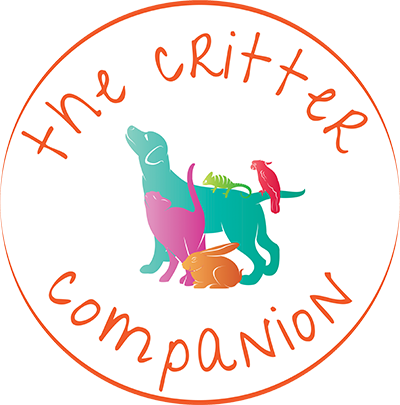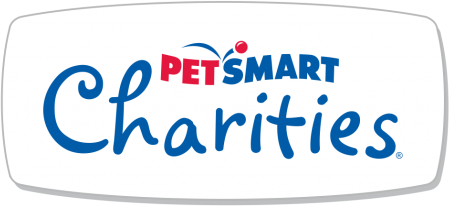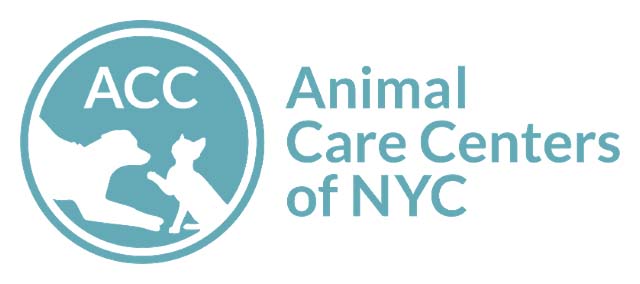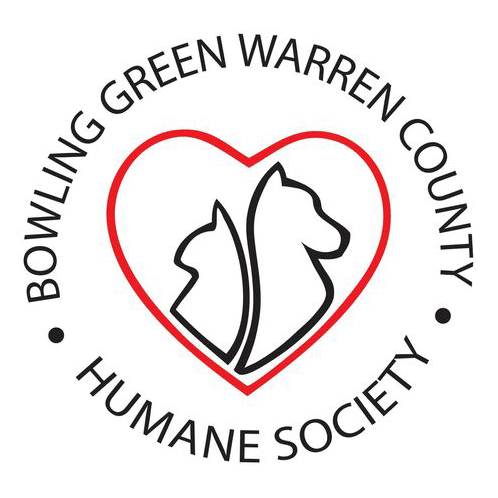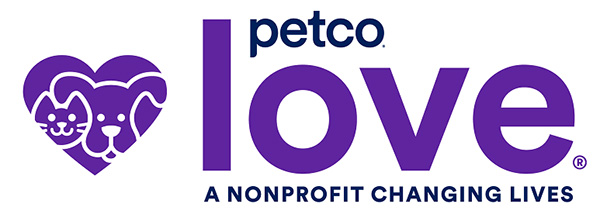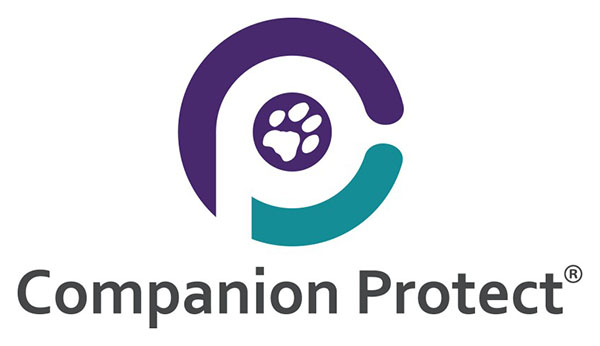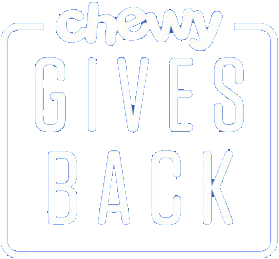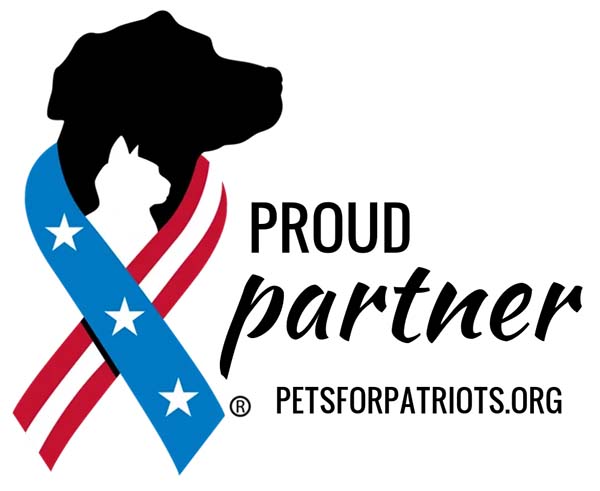It seems everyone knows that dogs can’t eat chocolate, and some might even know that dogs can’t eat grapes, but here are ten foods you may not have known are harmful to dogs.
- Coffee Beans/Grounds: Caffeine is extremely dangerous for dogs, and if they ingest coffee beans or grounds, which have a higher concentration of caffeine than a standard cup of coffee, it could lead to serious poisoning. A dog can survive caffeine poisoning if help is sought out quickly.
- Cherries: Cherries contain cyanide, which results in a dog’s blood cells not getting enough oxygen. Ingesting cherries can result in red gums, dilated pupils, and difficulty breathing.
- Grapes: Grapes are extremely poisonous for dogs and can lead to acute liver failure.
- Onions: Toxic in all forms (whole, cooked, powder), onions can lead to anemia in dogs, possibly resulting in lethargy, weakness, fainting, or a decreased appetite.
- Garlic: In the same family as onions, garlic can create anemia in dogs and result in delayed side effects. Pale gums, increasing heart rates, and even collapsing can occur. However, between onions and garlic, garlic is five times more toxic.
- Macadamia nuts: One of the most poisonous foods for dogs, macadamia nuts can cause vomiting, fever, exhaustion, and even an inability to walk.
- Almonds: Although they are less harmful than some other food items listed, almonds are not easily digestible by dogs and can result in digestive issues, vomiting, a loss of appetite, and lethargy.
- Tomatoes: Tomatoes can contain a toxic substance called solanine. Although large quantities would need to be ingested to cause serious harm, it’s best to skip the tomatoes and opt for a safer and more beneficial alternative.
- Avocados: Avocados contain persin, a fungicidal toxin that can lead to heart problems, vomiting, and digestive problems. Although small amounts are not lethal, it’s a good idea to steer clear.
- Cinnamon: Cinnamon can cause mouth irritation, low blood sugar, digestive issues, vomiting, and even liver disease.
If your dog ingests any of these foods, it’s better to be safe than sorry. Contact your vet immediately if you have concerns about food. While all dogs love a human snack, it’s usually a better idea to stick to what we know is safe!


